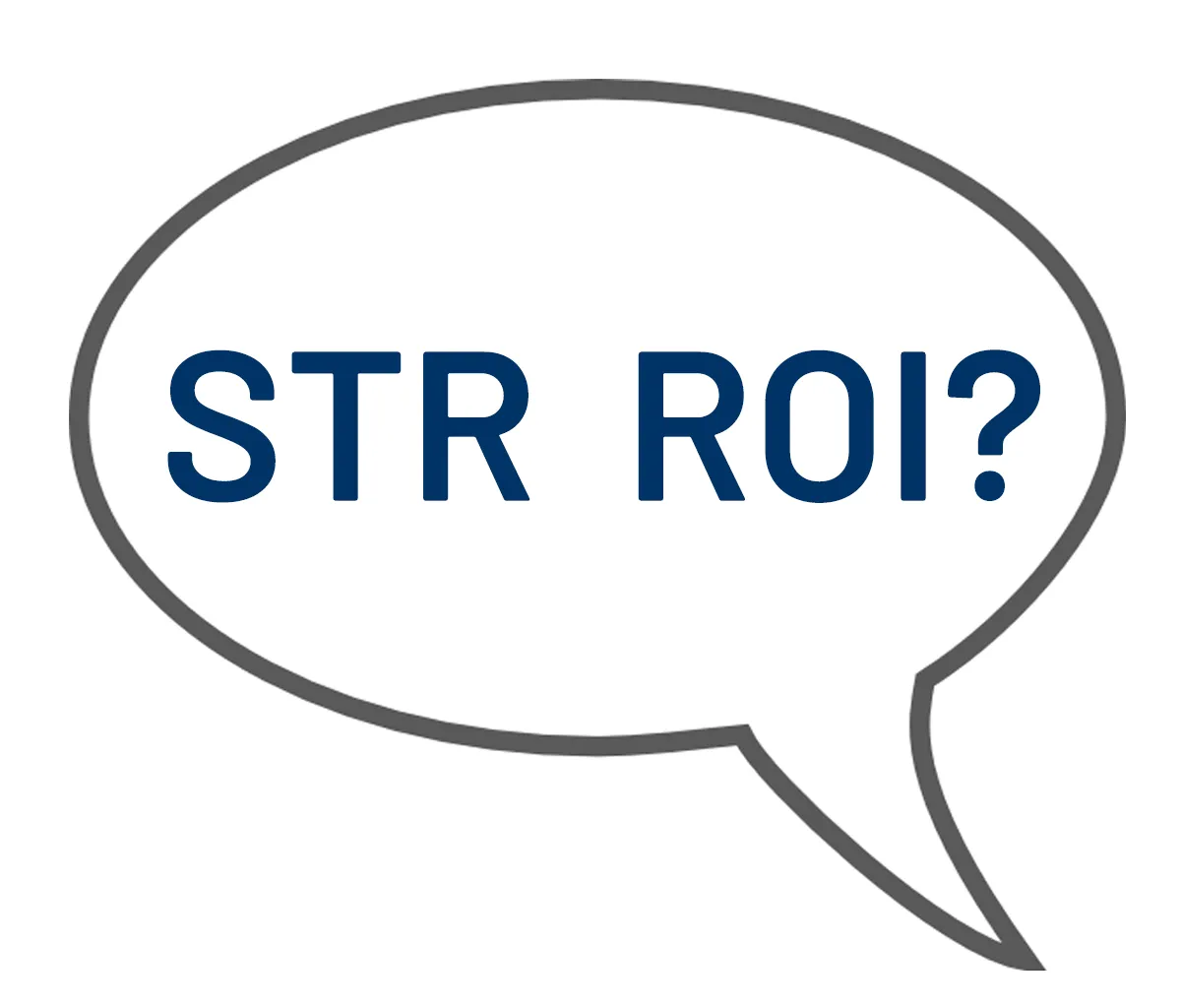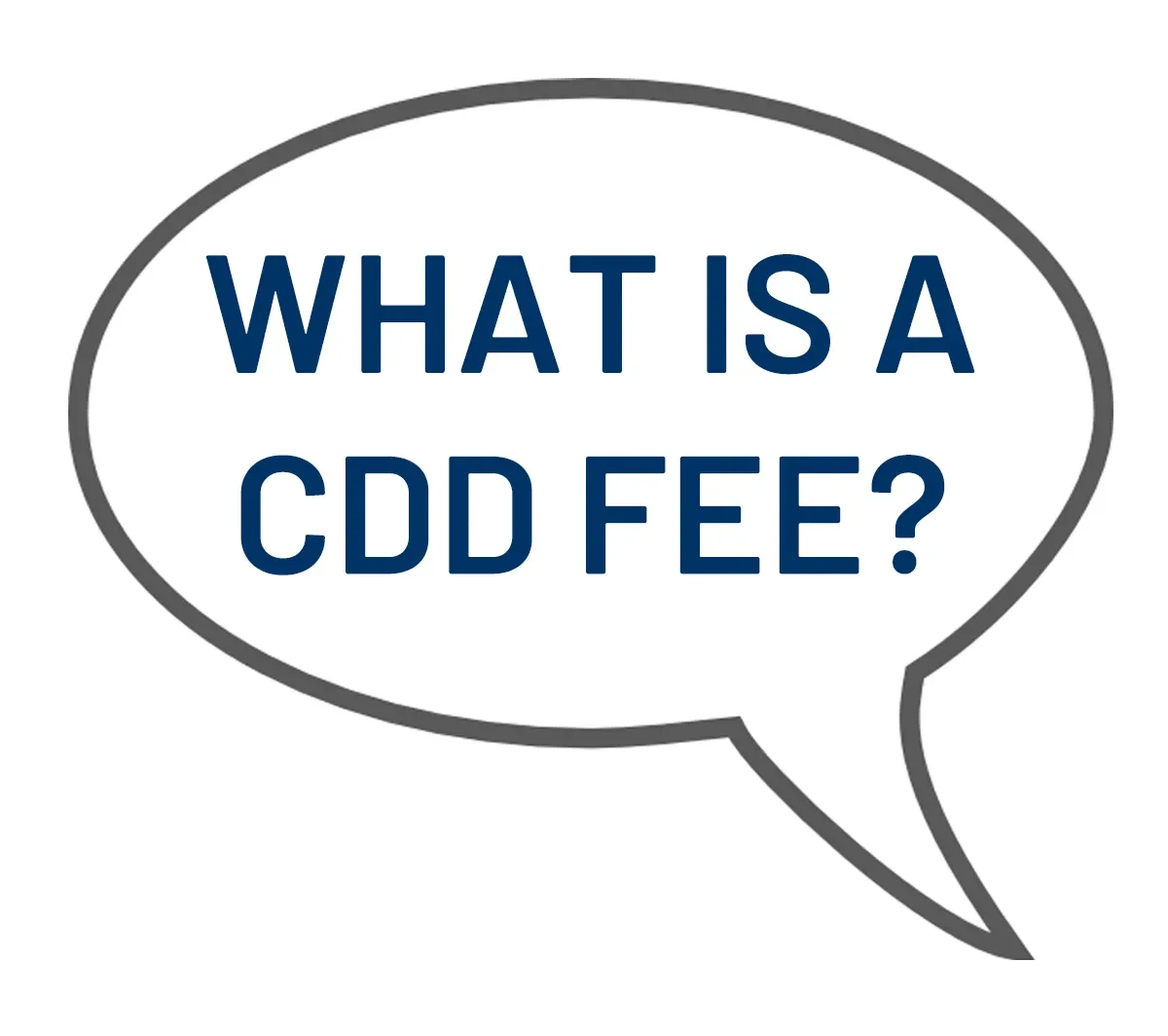What is a CDD Fee?
A CDD fee is a Community Development District Fee imposed by the developer of a neighborhood or subdivision to finance the cost of amenities in a neighborhood.
These amenities and community improvements would not be provided without funding from CDD fees. Rather than increase the home’s selling price to cover the common amenities, the developer borrows money from the county, so the CDD fee that is paid by the homeowner is basically a repayment of a loan the developer received from the county.
CDD fees vary by development and are based on the amount of the loan taken from the county divided by the number of homes responsible for paying back the loan.

How long does the CDD Payment last?
CDD fees are typically paid over a 30-year term. If you are moving into a development that is 10 years old, you can expect to pay a CDD fee for 20 years, until the loan is paid off. The county adds the fee to your property tax bill each year as repayment. These fees are most often found in communities built after 2003.
Is the CDD Tax Deductable?
Payments for CDD fees ARE tax deductible, like your property taxes.
Can You Avoid Paying a CDD Fee?
No, unless of course you sold the property.
Is the CDD Fee a Tax?
The CDD is not a property tax nor should it be confused with the Homeowners Association Fees (HOA).
CDD fees are paid in addition to property tax and may be bundled into the annual tax statement.
How are CDD Fees Paid?
They are paid annually and are generally included in your annual county tax bill.
Interestingly, unlike property taxes which are paid in arrears. CDD fees are paid in advance.
You will most likely see a proration debit in your real estate settlement statement crediting the seller for payments the seller already made for the CDD.
This may offset with the proration for the property taxes you will receive from a seller for the sellers share of the annual tax up until the closing date.
If you found this article helpful, please paste the URL to a location it may be useful to others.




